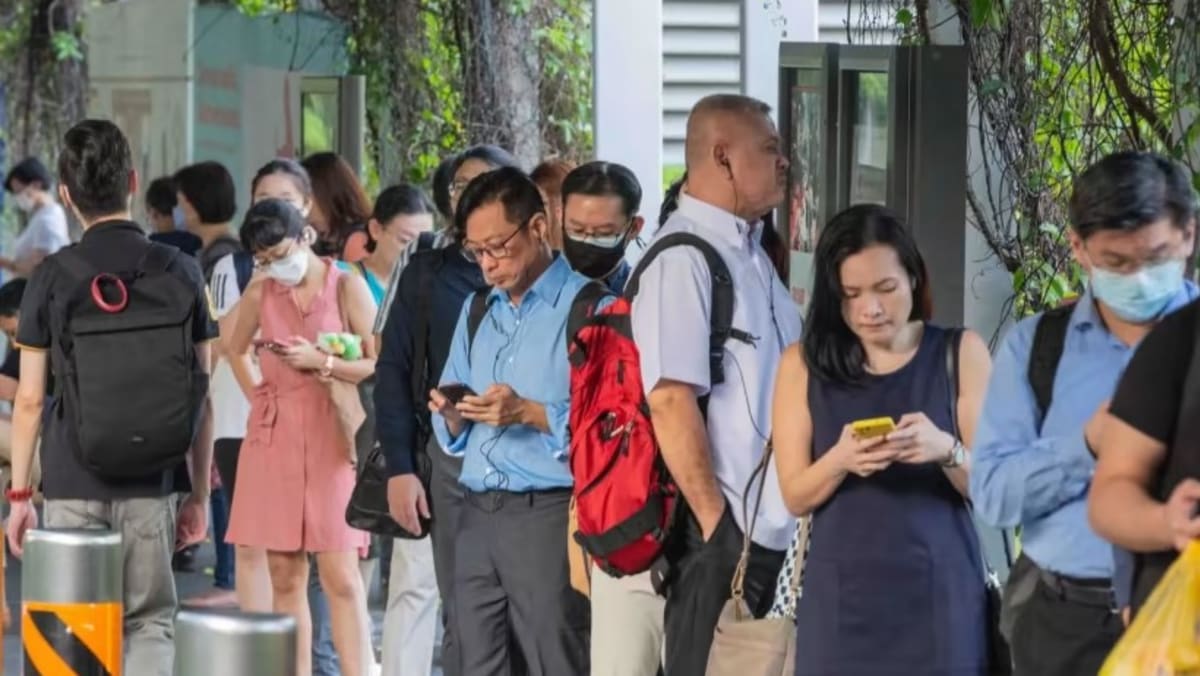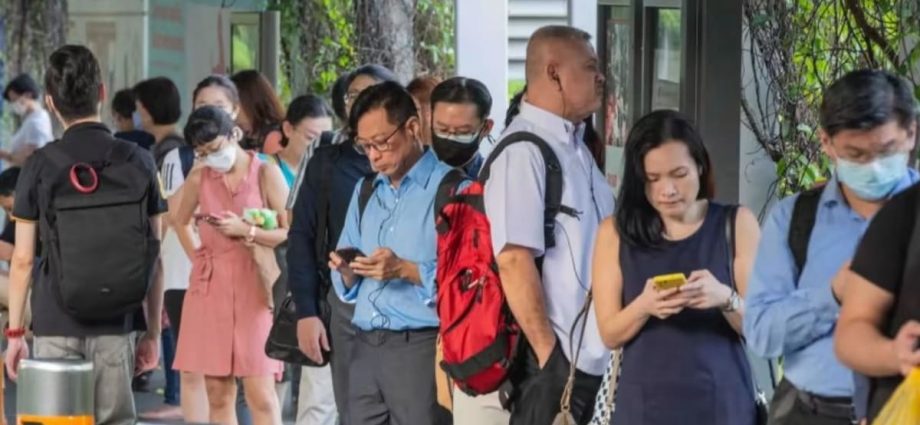
SINGAPORE: When asked how they would act towards a person they strongly disagreed with, fewer than one in three Singapore respondents polled said they will be willing to help them if they were in need, a report by global public relations firm Edelman revealed.
The report also found that nearly half of the respondents here (44 per cent) believe that the lack of civility and mutual respect today was “the worst (they) have ever seen”.
Around half, or 46 per cent, also believe that the social fabric “that once held this country together has grown too weak to serve as a foundation for unity and common purpose”, said the Edelman’s 2023 Trust Barometer report, which was released on Wednesday (March 15).
This was an improvement to figures recorded in last year’s report, where 45 per cent agreed with the earlier statement and 49 per cent agreed with the later one.
The annual survey, which is in its 23rd iteration, compiled responses from 32,000 respondents across 28 countries which were recorded between Nov 1 and 28 in 2022.
About 1,150 respondents were polled from each country, including Singapore.
It found that countries across the world are more divided today than in the past. In fact, three-quarters of the countries surveyed were found to be either moderately or severely polarised.
Nevertheless, Singapore respondents were not as polarised as other countries like the United States, Germany and South Korea.
Compared with the average of 53 per cent of respondents in other countries who said their countries are more divided today than in the past, only 33 per cent of Singapore respondents said so.
Edelman Singapore’s chief executive officer Singapore Julia Wei said: “Maintaining a strong social fabric and a robust trust ecosystem is essential for Singapore to navigate the systemic changes taking place across our multi-polar world.”
The report also sought to identify who the unifying or divisive forces are within the various countries polled.
Noting that ideological differences between people will always exist, researchers also queried respondents to identify which groups might be fuelling divisions and fomenting a lack of civility between people who hold different views.
In response, Singapore respondents said institutional leaders — which comprise those from business, government and non-governmental organisations — and teachers are more likely to be seen as “unifiers”.
On the other hand, hostile foreign governments and the rich and powerful were seen as divisive forces.
LACK OF CIVILITY AND MUTUAL RESPECT
Notably, nearly two-thirds of respondents around the world observed an unprecedented lack of civility and mutual respect in their societies.
In Singapore, nearly half, or 44 per cent, of respondents believe that the lack of civility and mutual respect today has hit rock bottom, while 46 per cent believe that the social fabric that once held this country together has grown too weak.
At the same time, the survey found that this observed lack of civility and unity coincides with a worrying trend: Among those who feel strongly about an issue, 22 per cent would not live in the same neighbourhood as them and 20 per cent would not want them as a co-worker.
Singapore respondents who say the country is divided on key issues acknowledged several consequences if the divisions are not addressed, which include:
- Worsening prejudice and discrimination
- Inability to address societal challenges
- Slower economic development
- Lack of cooperation with national authorities
This year’s report also found that respondents have great expectations for business, and want more societal engagement on issues such as climate change, discrimination and income inequality.
Nearly half, or 43 per cent, said that the government and business working together will produce the best societal outcomes, as compared to:
- Both working independently (18 per cent)
- Government working alone (18 per cent)
- Business working alone (11 per cent)
Ms Wei noted that people believe that government and business working in partnership will achieve the best results across a wide range of societal issues— on average, four times more than if business were to work alone
“With a majority (55 per cent) of people in Singapore believing that business can address contentious societal issues without being politicised, the mandate for business to act is clear,” she said.
This story was originally published in TODAY.

